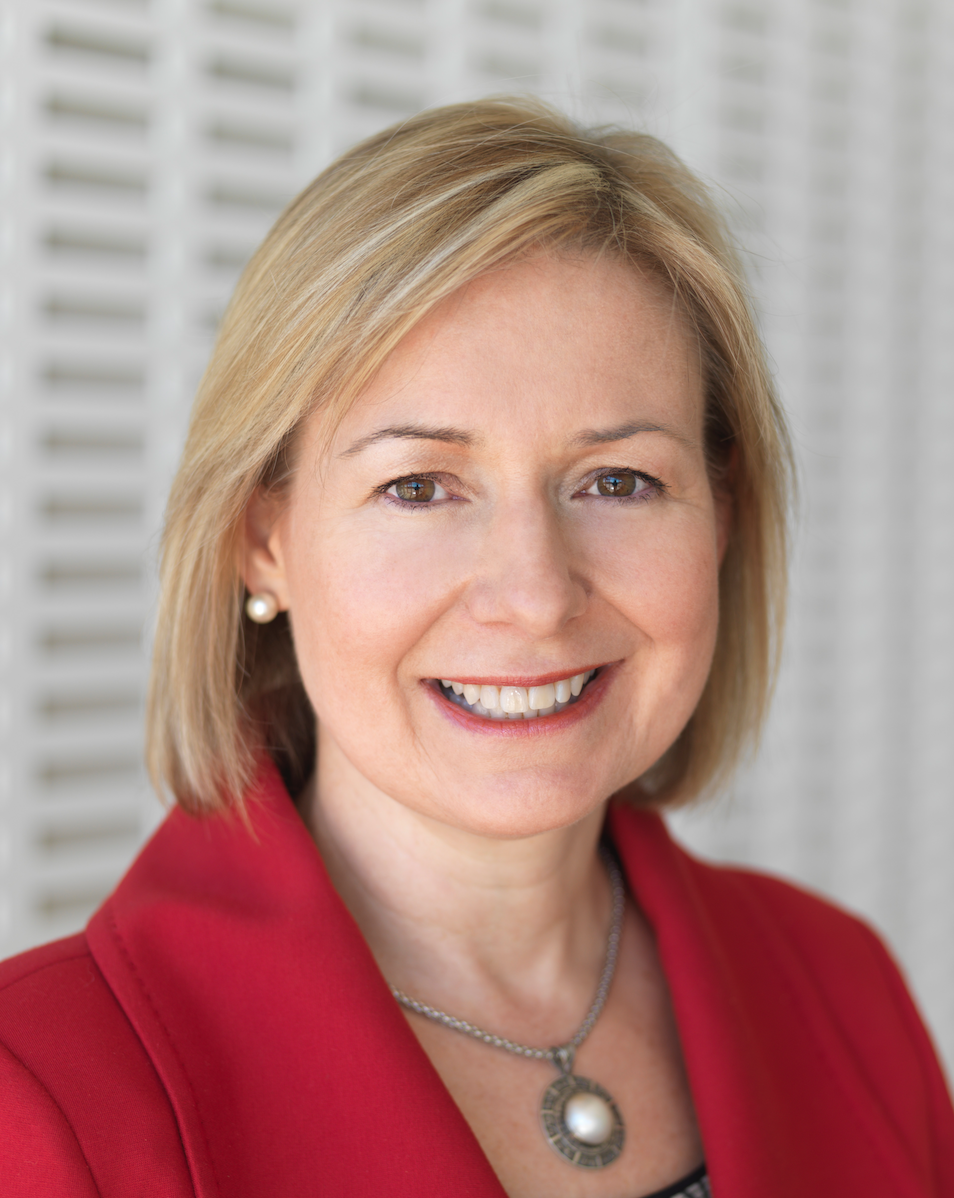| Bio Research+Teach Publications Press FAQ Personal | |
 Rosalind W. Picard, Sc.D., FIEEE Director of Affective Computing Research MIT Media Lab, E14-348A 75 Amherst Street Cambridge, MA 02139; USA picard (you can make the "at") media (dot) mit (dot) edu download Curriculum Vitae (CV) Follow @RosalindPicard Assistant: R-admin (you can make the "at") media (dot) mit (dot) edu Accessibility |
TEACHING: Fall 2023: MAS.630 Affective Computing and Ethics, Wednesdays 10-noon. Spring 2023: MAS.772 AI and Mental Health, Wednesdays 10-noon. Fall 2022: MAS.630 Affective Computing and Ethics, Wednesdays 10-noon. Spring 2022: MAS.772 AI for Mental Healt Wednesdays 10-noon. ONLINE OPEN for ALL: MIT Course on Leading Health Tech Innovation . Fall 2021: MAS.630 Affective Computing and Ethics, Wednesdays 10-noon. Spring 2021: MAS.S61 AI and Good Mental Health, Wednesdays 10am-noon. Fall 2020: MAS.630 Affective Computing and Ethics, Wednesdays 10-noon. Fall 2019 and Spring 2020: On Sabbatical Spring 2019: MAS.s60 AI and Mental Health, Wednesdays 12-2pm. Fall 2018: MAS.630 Affective Computing, Wednesdays 11-1pm. Spring 2018: MAS.771 Autism Theory & Technology, Wed 12:30-2:30 pm. Fall 2017: MAS.630 Affective Computing, Thursdays 2-4pm. Spring 2017: MAS.S61 Personalized Machine Learning, Thursdays 1-3pm
RESEARCH:
Affective Computing.
Picard coined the term
"Affective Computing" in 1994 describing a new direction of
research. She published a broad vision of the
research as a technical
report in January 1995 and launched the first Affective Computing
Research Group in fall 1995. Picard published the first book on
Affective Computing in 1997, describing a vision of technology that
would have the skills of emotional intelligence, with wearable and
other computers that would help measure and understand human emotion,
always prioritizing the respect of human feelings.
Today she leads a team at MIT pioneering research in
developing new technologies for sensing, communicating, modeling, and
responding intelligently to people's emotions, and for enabling people
to better communicate, reflect on and learn more about emotion. Her
research has been commercialized by several businesses, including
Affectiva Inc, and Empatica Inc., both of which she
co-founded. Practical applications of her work have included improving
driver safety, helping people manage stress, reducing frustration,
improving seizure detection, recognizing when ads are boring,
confusing or entertaining, and enhancing customer experience. Her team
has also conducted research on the ethics of affective computing.
Her current research aims at creating technology that improves the
interaction between emotion and health - especially social-emotional
communication, autism, learning & decision-making, affective disorders
such as anxiety and depression, autonomic disturbances, and health
behavior change.
Findings and results of her research are found primarily in
peer-reviewed
publications and occasionally in the press.
PRIOR RESEARCH:
Texture and Pattern Modeling
RESEARCH GROUP: I have the privilege of working with many outstanding students, postdoctoral associates, and visiting scientists in my group at MIT as well as with other Media Lab faculty, students, staff, corporate members, and other collaborators elsewhere at MIT and at many other universities, hospitals, and medical centers worldwide. Some of my favorite collaborators, both inside and outside MIT, include people on the autism spectrum. Our research has been enormously enriched by the diversity of backgrounds, cultures, personalities, and perspectives of very different individuals working together. AT MIT the more different you are, the more you fit in. |